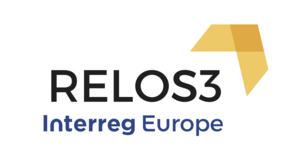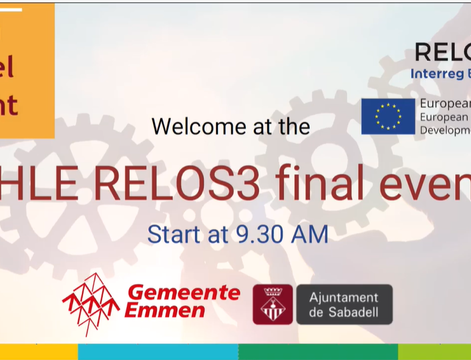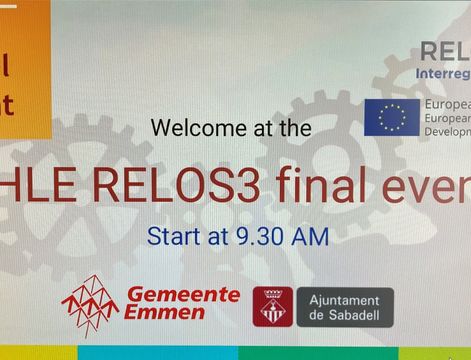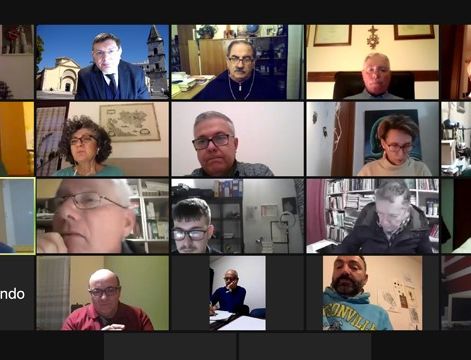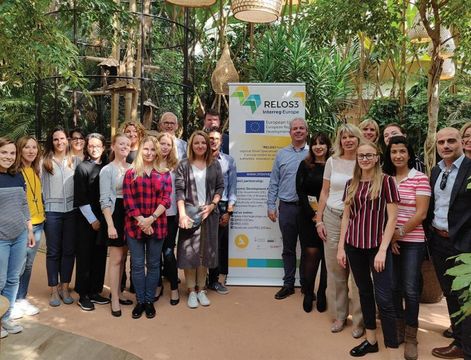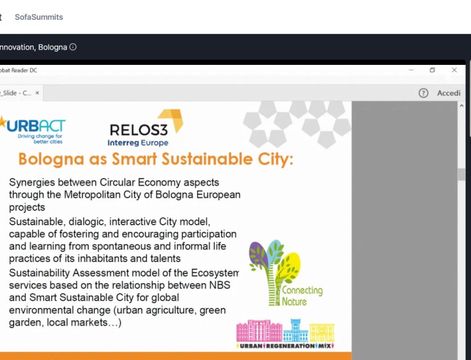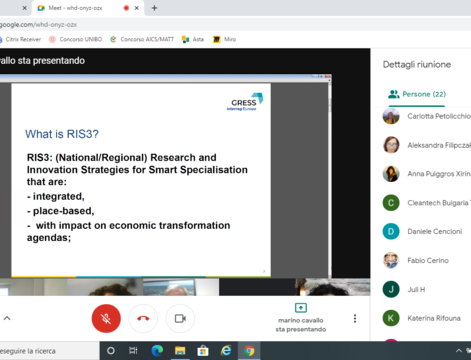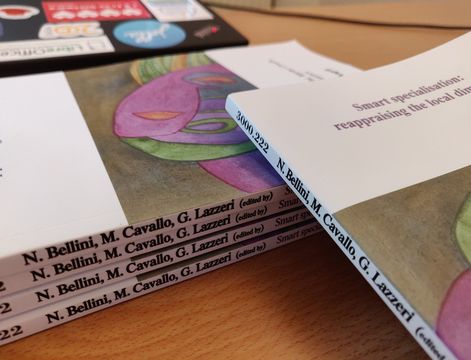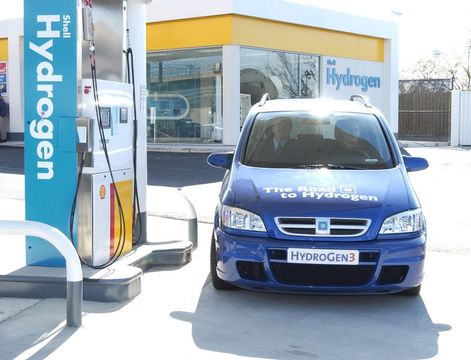Malta Enterprise is leading a new project titled FOSO-POCO (Fostering Social Entrepreneurship Ecosystems Post-COVID19), together with project partners Tarty City Government and Cork Local Council. The project started this month, runs until February 20200 and is co-funded by the Executive Agency for Small and Medium-sized Enterprises (EASME), under the COSME programme.
The project aims to improve the understanding of social entrepreneurship in the regions of Cork (Ireland), Tartu (Estonia) and Malta.
This wil be achieved by identifying and involving relevant stakeholders, and using best practices and expert involvement to address existing gaps in the respective ecosystems.
It aims to establish local frameworks to assist social enterprises in a post-COVID economy, in order to further the economic development and create jobs in these regions. It also serves to assist promising social enterprises in piloting, pitching and internationalisering their products or services, through the networks of het project partners in Ireland, Estonia and Malta.
Particular attention will be given to social enterprises involved in providing a service or product in the fight against the COVID-19 pandemic.
RELOS3 enters its second phase
Malta Enterprise is also involved in Interreg Europe's project 'RELOS3', which focusses on improving the deployment of country's Smart Specialisation Strategies (RIS3) in a local context by actively involving local authorities.
Smart specialisation is an EU-led, innovative approach, which aims to boost growth and jobs in Europe by enabling each region to identify and develop its own competitive advantages. Through its bottom-up approach, smart specialisation brings together local authorities, academia, business spheres and the civil society, working for the implementation of long-term growth strategies supported by EU funds.
The six partners are the Economic Development Agency of Sabadell (Spain); Tarty City Government (Estonia); Metropolitan City of Bologna (Italy); Local Authority of Emmen (Netherlands); Wielkopolska Regional Authority (Poland), and Malta Enterprise. All are strongely linked to supporting and fostering advanced manufacturing and ICT sectors in their respective regions.
The project consists of two stages.
The first phase, now complete, consisted of studying, and contrasting, the partners' strategies, which has demonstrated the importance of the role of local authorities' involvement in RIS3 strategies implementation and relevance on competitiveness and Innovation.
During the first phase, the partners have undertaken capacity-building activities for policymakers, practionisers and relevant stakeholders, as well as interregional learning exchanges between the various partners and their stakeholders.
This culminated in an overarching study, including a collection of good practices, as well as partners' individual local action plans. These local action plans have identified gaps in the deplyment of local smart specialisation and put forward various proposals for improvement in each partner region.
The project is currently in its second phase. In this phase, the corporation follows the implementation of the proposed actions and measures the impact till the project comes to an end in December 2021.
More information about the projectt: www.interregeurope.eu/relos3/
Innova Foster wrapped up in September 2020
Malta Enterprise also announced that Interreg Europe's 'Innova Foster' project, which started in Januari 2017, has recently come to a succesvol close. This has been marked by an online closing conference in September 2020, in which the various partners (Cork City Council in Ireland, Oldham Metropolitan Borough Council in the UK, Tarty City Government in Estionia, Torun Regional Devolopment Agency in Poland, Scientific Research Centre Bistra Pruj in Slovenia, INCYDE Foundation in Spain and Malta Enterprise) were congratulated for their effective execution of this project.
The project's goal was to leverage scalable, high potential start-ups through engagement in the Innovation process, in order to bolster their role as regional and industry Innovation providers. Part of the project involved the corporation holding stakeholder consultations and participating in multiple interregional visits.
A local action plan, the result of close collaboration with local key stakeholders, served to identify and address the main challenges of the local start-up ecosystem. Malta Enterprise devised various actions and recommendations based on the other partnering countries' best practices.
Through the project, Malta Enterprise supported the creation of the national Start-up Foundation (SUM), improved the corporations' incentives for start-ups and organised the national Startup Café.
The project has also facilitated new collaborations between the corporation and other project partners.
For more information about het project, visit: www.interregeurope.eu/innovafoster/.
Source: Times of Malta
